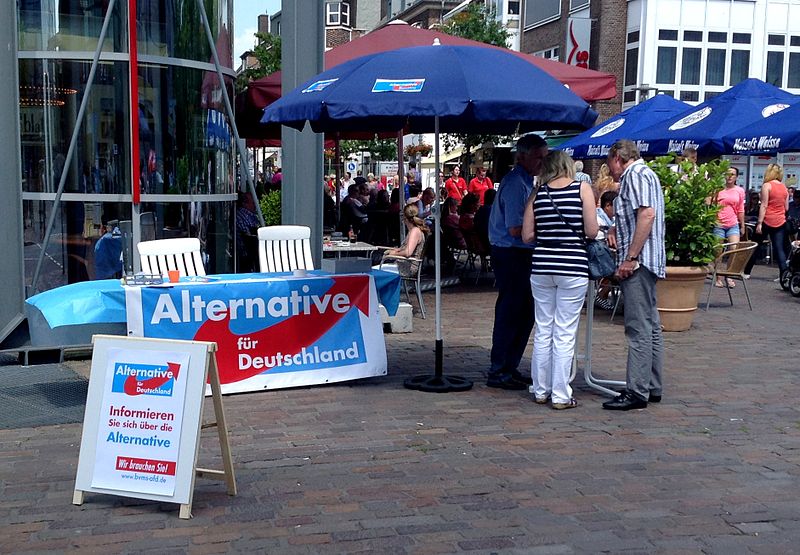
As Germany approaches February's federal election, political parties are in a race against time to win over voters. Among the diverse electorate, one group holds particular promise for parties
looking to close the gap: voters with an immigration background.
An estimated 7.1 million eligible voters—roughly one in eight—either migrated to Germany themselves or have at least one parent who did. This demographic, however, tends to vote less frequently and is increasingly less committed to specific political parties, according to sociologist Friederike Römer from the German Center for Integration and Migration Research (DeZIM).
Römer, who co-authored a study on migration and voter behavior, noted that while the center-left Social Democratic Party (SPD) has traditionally held appeal among immigrant voters, its grip has weakened. Surprisingly, even the far-right Alternative for Germany (AfD) has managed to gain some traction within this group.
"When we ask immigrant voters which party they believe has the expertise to solve current problems, the most frequent answer is 'none,' more so than among voters without an immigrant background," Römer explained.
Römer’s research highlights other notable trends: the newly formed populist Sahra Wagenknecht Alliance (BSW) and the Left Party resonate strongly with voters who have migration backgrounds, while the Green Party struggles to gain traction. Inflation and economic stability top the list of concerns for these voters, along with material issues such as housing and retirement security.
"In contrast, people without migration backgrounds often express greater fear of falling victim to crime," Römer added.
The AfD, despite its anti-immigration rhetoric, has adeptly targeted certain subgroups within the immigrant community, particularly through social media campaigns. “They frame their message to long-settled immigrants—especially those from the Middle East, North Africa, or Turkey—as, ‘You’re not the problem; the new arrivals are,’” Römer said. This strategy has proven effective in drawing support from segments of the immigrant population.
The challenge of mobilizing Turkish-German voters
Turkish-German voters, a significant subgroup of naturalized citizens, have historically supported the SPD. However, their voter turnout remains low compared to other immigrant groups, and their loyalty to the SPD is waning.
Yunus Ulusoy, a researcher at the University of Duisburg-Essen, attributes this disengagement to feelings of discrimination and exclusion. "Many young people from the Turkish community feel ostracized, leading them to disengage from politics entirely," Ulusoy said. He criticized politicians for focusing on deficits within the Turkish community rather than highlighting their contributions and fostering a sense of belonging.
Post-Soviet voters and the rise of the AfD
Another significant group is the ethnic German resettlers from the former Soviet Union, often referred to as "late repatriates." Historian Jannis Panagiotidis from the University of Vienna explained that this group also struggles with feelings of alienation. The AfD has successfully tapped into these sentiments, presenting itself as the champion of "Russia Germans" by promoting law-and-order policies and opposing immigration, particularly from Muslim-majority countries.
"The AfD has framed itself as the party for post-Soviet immigrants, capitalizing on their skepticism toward Angela Merkel’s immigration policies," Panagiotidis said. While the center-right Christian Democratic Union (CDU) and its sister party, the Christian Social Union (CSU), have attempted to woo these voters with pension reforms, they have struggled to regain lost ground.
Panagiotidis also pointed to the growing influence of the Sahra Wagenknecht Alliance (BSW) among post-Soviet voters. "Many of these voters previously supported the Left Party but are now shifting to the BSW," he said. "The BSW’s more moderate positioning compared to the far-right AfD makes it particularly appealing to immigrant voters."
Conclusion: a crucial electoral group
As Germany's political parties navigate the complexities of this diverse electorate, the role of immigrant voters could prove pivotal. With economic concerns and social inclusion at the forefront, the parties that can effectively address these issues may secure a critical edge in the upcoming election. Photo by Ziko #noAfD van Dijk, Wikimedia commons.



































